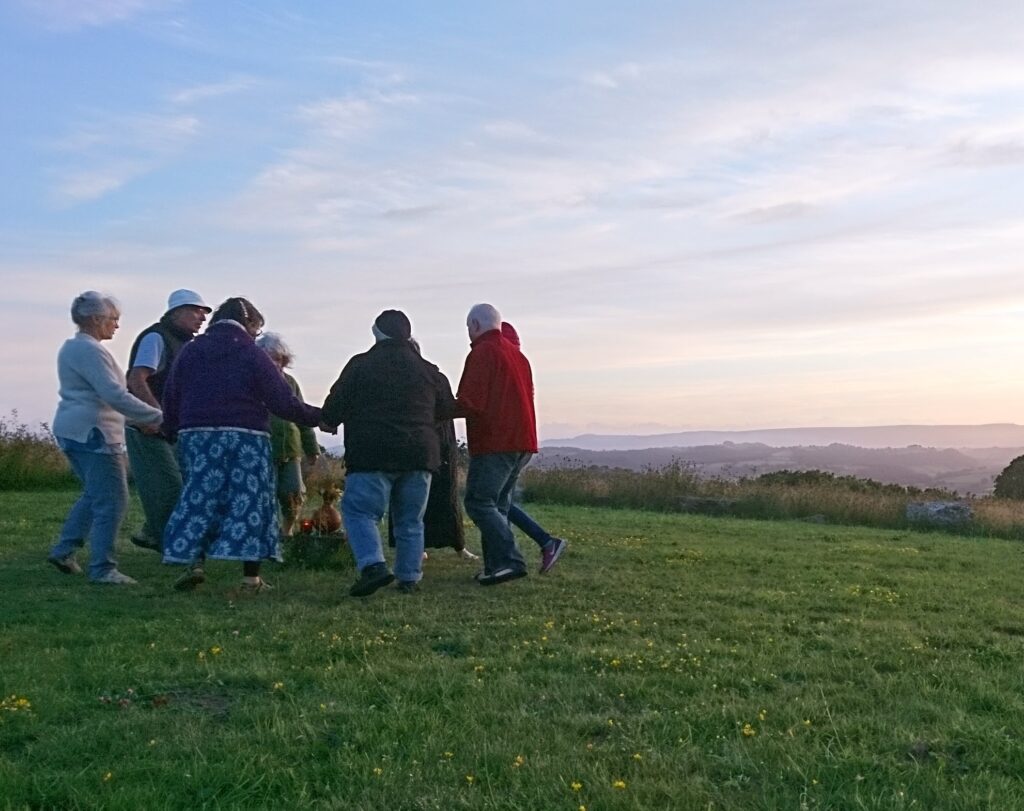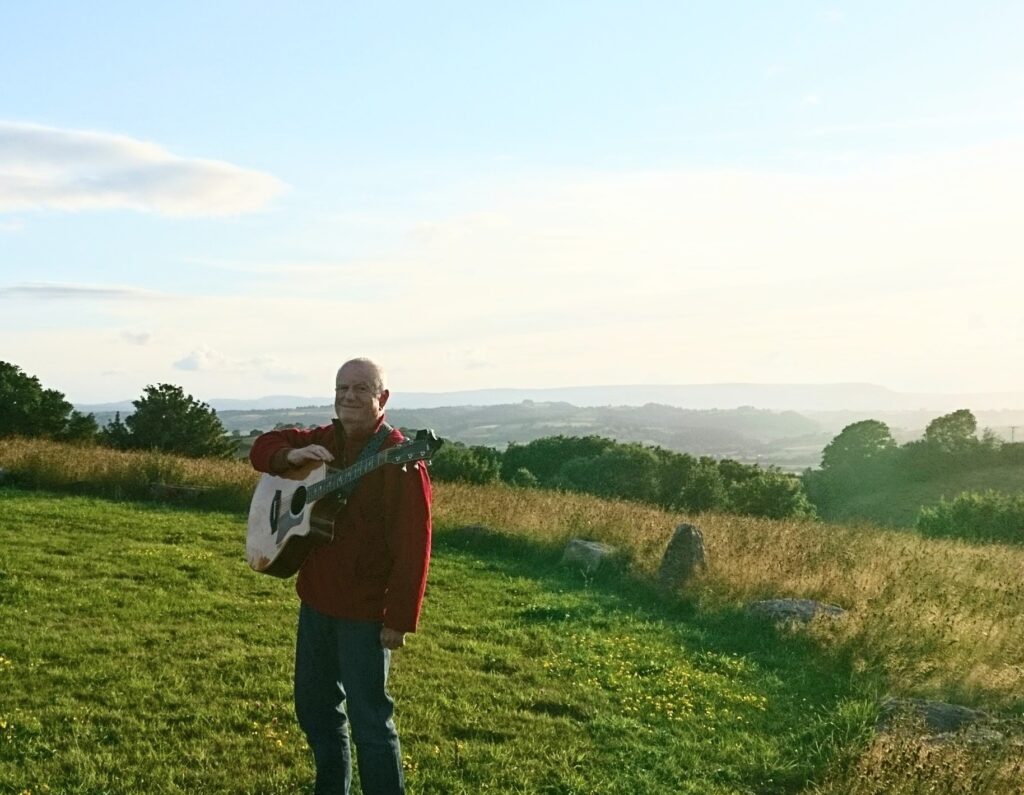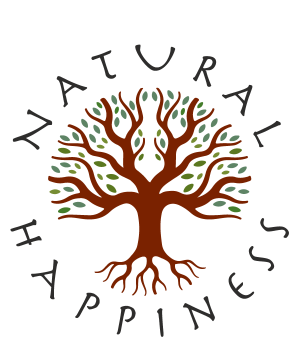One of the reactions I bring to my challenges is a search for understanding, and systemic solutions. In recent years, I’ve reached the painful conclusion that the climate crisis is too large, complex and alarming to be understood. Systemic solutions are absolutely apparent, but seem completely unachievable. However, I want to share some insights and helpful responses to the distress the crisis creates.
I believe that most people feel fearful and bewildered about the climate crisis, although many of them suppress it, deny it, or just numb out. Polls show that 75% of us in the UK feel anxious about the climate crisis. Over the years, all of us have evolved ways to cope with painful emotions: some of these ways may be healthy and effective, many of them lead to high levels of stress, health problems, and escapist activities.
There’s something different about the climate crisis from any other challenge we’ve faced. As Jem Bendell points out in his Deep Adaptation work, most crises, even big ones like a war, have the prospect of being resolved eventually, but this doesn’t. Another difference is that it’s global, and affects almost every aspect of life, including crucial ones like food, water, and air.
Another insight I’ve gained is from joining the Climate Psychology Alliance, a small international network of therapists and group facilitators exploring how to support people with climate distress. Some of their members believe that the current crisis is so alarming that it is traumatic for many people, and is restimulating fears and traumas from the past. This rings true for me, and I’ve been exploring how to help myself and others to live with a deep, ongoing feeling of fear: which is actually an appropriate, realistic response to this crisis.
I believe that an aspect of resilience which can help us a lot, and can be raised quite quickly, is spiritual resilience. Many research studies show that people with a faith path or spiritual practice are on average more cheerful, and recover faster from setbacks. For me, the essence of faith is trusting in a power which can’t be measured or understood logically. And to be honest, if I didn’t have faith that there is some power greater than human greed, I’d despair. In fact, I believe that human love is more powerful than greed, and divine love and wisdom is more powerful still. Although it’s often hard, I keep faith that there is some higher purpose even in suffering, and that we can reach out in prayer and ask for help for ourselves and others.

DUP on a hill in Wales
One thread that’s helped me is contemplative prayer: this is an undogmatic Christian approach, with overlaps and differences from mindfulness and Buddhism. I especially recommend Cynthia Bourgeault’s book The Wisdom Way of Knowing: see my blog on this book here. What I find different and valuable in her approach is sacred chanting and embodiment.
Embodiment is hard to explain. Cynthia highlights the “moving centre”, the body, as just as vital in our ways of experiencing life and responding to challenges as the mind and the heart. She writes, “In many spiritual traditions … the body is viewed with fear … a dumb beast that must be trained and brought into submission with the personal will. But what is missed here … is that the moving centre also carries unique perceptive gifts, the most important of which is the capacity to understand the language of faith encoded in sacred gesture.” It’s true that many spiritual traditions involve sacred chanting, but what we need now is forms of this which are more accessible, and undogmatic.
Her insights helped me see why part of my spiritual path for over 20 years has been a form of devotional movement and chanting, called Dances of Universal Peace (DUP). These use sacred phrases from many different traditions, which you sing with simple movements akin to circle dancing. The experience of singing and embodying these phrases or prayers in a group is nourishing, calming, joyful and inspiring. Often you dance in a circle, holding hands, sometimes you progress from one partner to another, with a deep, heartful contact.
I rarely talk about DUP because it may sound weird: it’s hard to appreciate until you experience it. You don’t need any experience or training, there are groups all over the UK who will welcome you. You can find more info at www.dancesofuniversalpeace.org.uk. I co-lead a monthly online group, details at www.soulresilience.net.
The creator of DUP and many current teachers are Sufis: this is the most inclusive, undogmatic spiritual path I know. I’d say its essence is to live open-heartedly, and see the unity of divine life in all beings. Sufism can combine with almost any other spiritual path: it has no guru, no creed, no temples.

Mike ready for dancing
If you’d like to try DUP in Herefordshire, Mike and Susanne run a monthly group at Kilpeck, and also contribute dances and chants to occasional Interfaith Spiritual Days run by Herefordshire Interfaith Group around the county. Mike and I co-lead a monthly online group, A Sufi Garden, with DUP and meditation. It’s not the same as being physically together, but it’s pretty good. You can find details at www.karimandsusanne.co.uk where you can also sign up for their newsletter if you wish.
Whilst DUP is one of the few practices I know which combine devotional movement and chants, other approaches offer part of this. For chanting, try Taize groups or community choirs. For movement, try Five Rhythms, Biodanza or circle dancing.
We have to accept that the levels of stress and alarm we all have to live with will probably keep rising, so we need to raise our capacity for resilience and adaptation. If you just do what you’ve always done, you’ll get what you always got! So why not try a moving and chanting adventure?
